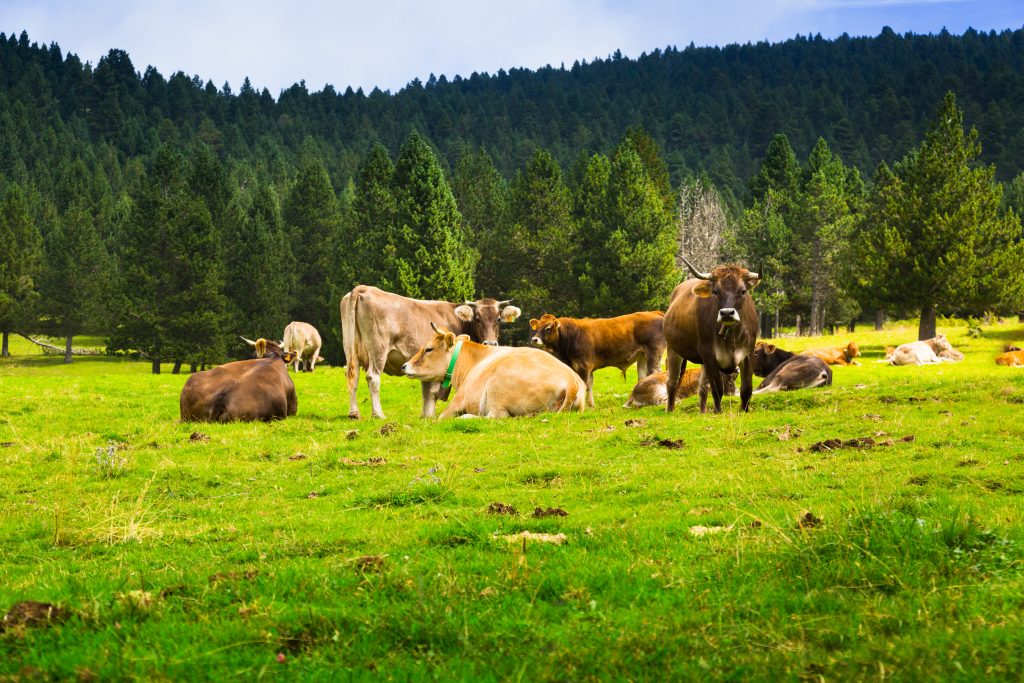The policy process goes through cycles of development, evaluation and reform. Law on the other hand is a less moveable entity. It goes without saying we researchers in rural development still need to focus on influencing policy. But in addition to this, for longer-term impact, do we also need to increase our focus on new and changed laws to foster rural regeneration?
New entrants to farming and land law
Looking at some of the different laws that impact access to farmland in Europe prove interesting to explore this question. Access to land is a major barrier to new entrants into farming. Land is a precious asset where competition exists for different uses beyond farming, such as from housing to green energy. Farm structures in Europe are also changing with growing numbers of larger farms and a wider trend of land ownership concentration. Land prices and availability of land for sale can mean buying land is simply unrealistic for new entrants. Land leasing is a growing trend in Ireland, with demand for longer-term leases increasing, but also leasing costs. Land leasing can be a useful means of access, but for the new entrant establishing a farm business on leased land tenure security is also crucial.
In France, law protects tenant farmers well where a strong legal framework includes price controls and the ability to transfer the lease within the family. In addition, if the land comes up for sale the tenant farmer has a right to buy the land ahead of its sale on the open market. While a system of tax relief exists to encourage longer term leasing in Ireland, on the other hand there is no similar legal framework governing agricultural tenancies. This is covered by laws on landlord and tenant relations.

Scotland and community land ownership
The concentration of rural land ownership can also be a wider issue for rural community development. In Scotland, this issue has resulted in a number of laws to facilitate more equitable land ownership structures such as the ‘Community Right to Buy’ and the ‘Right to Buy Land to Further Sustainable Development’. While the process of using and realising the rights are complex, impact evaluations have found a significant social impact in rural areas, such as greater awareness of funding supports, building of legal and communication skills, as well as increased community empowerment and voice.
Right to remote work
Taking the focus away from land also shows the wider relevance of legal changes. A much experienced practice since the Covid-19 pandemic, remote work disconnects the once close tie between location of employer and location of work. For rural areas, it has opened the opportunity for those dreaming of rural life to retain their existing job while re-locating to a rural location. Covid-19 also resulted in a mass, unplanned experiment on remote work. For many it provides a viable option suiting both employer and employee. In Ireland, it has also resulted in legal changes where a recent ‘Right to Request Remote Work Bill’ will result in a legal framework around remote working requests and grounds for their approval or refusal. While the Bill has been debated, it still provides a grounding for the legitimate presence of remote work as a work practice, which can have spin-off value for rural places.
The law lever?
Law is clearly, and perhaps obviously, a powerful tool to give people and communities certain rights and protections. Looking at specific issues in other countries can provide concrete examples of different approaches. Law and policy work hand in hand. It is interesting for rural researchers to keep both firmly in mind when we think about the implications of our findings for ways to shape rural regeneration and development.



